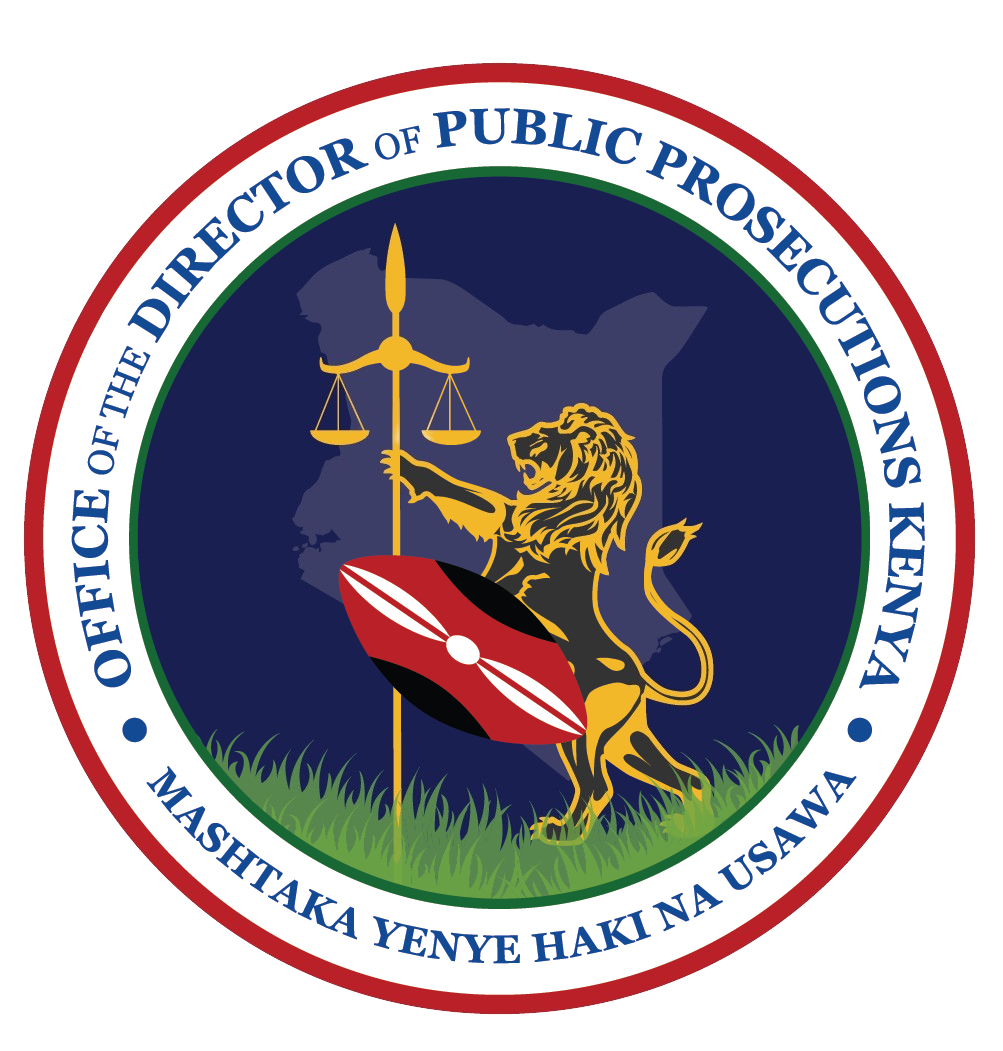This Data Protection Statement provides information about the ways in which the Office of the Director of Public Prosecutions (ODPP) collects,
stores and uses personal data relating to individuals (data subjects). The Office processes personal data on you if you are an employee,
vendor, merchant, job applicant, complainant, suspect/accused person or a visitor to our Office, website or Apps.
When you interact with us, you have a number of rights under data protection law:
- The right to be informed about the processing of your personal data;
- The right to access your personal data;
- The right to rectification of your personal data;
- The right to erasure of your personal data;
- The right to data portability;
- The right to object to processing of your personal data; and
- The right to restrict processing of your personal data.
Please note, these rights are not absolute and sometimes we may have reason to decline requests.
OFFICE OF THE DIRECTOR OF PUBLIC PROSECUTIONS
The mandate of ODPP as derived from Article 157 of the Constitution is to institute and undertake
prosecution of criminal matters and all other aspects incidental thereto.
Core functions:
The DPP makes the decision to charge and determines what charges should be preferred in a criminal case. The DPP performs the following functions;
- To institute and undertake criminal proceedings against any person before any court of law other than a court martial in respect of any offences alleged to have been committed by that person;
- To take over and continue any criminal proceedings instituted or undertaken by another person or authority;
- To discontinue at any stage before judgment is delivered any criminal proceedings;
- To direct investigation and guide the conduct of criminal investigations;
- To handle matters relating to international relations including extradition and Mutual Legal Assistance(MLA);
- To advise government Ministries, Departments, Agencies and County Governments on matters pertaining to the development and application of criminal law;
- To monitor, train, appoint and gazette public prosecutors;
- To facilitate victims of crime and witnesses during prosecution;
- To contribute and influence policy, procedure and law reform; and to address complaints raised by ODPP clients that is within our mandate.
Other functions include:
- To ensure due regard to the public interest, the interest of the administration of justice and the prevention and avoidance of abuse of legal process;
- To undertake public prosecution of cases forwarded by all investigation agencies including the Police, Ethics and Anti-corruption Commission, Directorate of Criminal Investigations (DCI), Banking Fraud Investigations Units (BFIU), and cases taken over from private prosecutors;
- To represent the State in all criminal cases, criminal applications and appeals;
- To advice Government Ministries, Departments and State Corporations on matters pertaining to the application of criminal law;
- To expound and disseminate the National Prosecution Policy (NPP) and the Code of Conduct for Prosecutors;
- To monitor the training, appointment, and gazettement of Public Prosecutors in Statutory Corporations;
- To address parliamentary questions relating to administration of criminal justice;
- To address complaints raised by members of the public, watchdog bodies and other institutions; and
- To Undertake other administrative roles relating to efficient and effective administration of criminal law in the country
Right to Complain
If you have any concerns in relation to the manner in which we process your personal data, you can contact us on
info@odpp.go.ke or submit a physical copy.
Changes to ODPP Data Protection Statement
This Data Protection Statement is kept under regular review and is therefore subject to change.

Comments